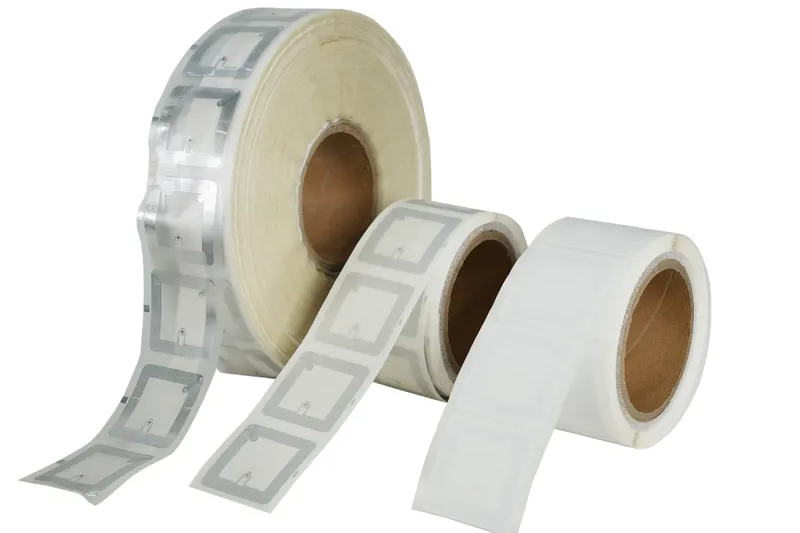In today's digital age, libraries are more than repositories of books; they are dynamic hubs of knowledge and community engagement. To enhance efficiency and user experience, many libraries have turned to Radio Frequency Identification (RFID) technology. This technology utilizes electromagnetic fields to automatically identify and track tags attached to library items, revolutionizing the way libraries manage their collections and serve their patrons.
RFID library labels are compact stickers embedded with tiny antennas and chips that store information about each item. Unlike traditional barcodes, RFID tags can be read without line-of-sight and in bulk, making inventory management and book checkouts faster and more accurate. Imagine strolling through a library aisle with a stack of books, and with a wave of the hand, all items are checked out instantaneously.
The implementation of RFID in libraries goes beyond simple automation; it fundamentally transforms operational workflows. Librarians can quickly locate misplaced items using handheld RFID scanners, reducing the time spent on tedious searches. This efficiency allows staff to focus more on assisting patrons with research needs and providing personalized service.
Patrons also benefit significantly from RFID technology. Self-checkout stations equipped with RFID readers empower library users to borrow and return items independently, enhancing convenience and reducing waiting times. This self-service model fosters a more seamless library experience, catering to diverse user preferences and schedules.
Moreover, RFID enhances security within library premises. Each tagged item can be configured to trigger alarms if removed without proper checkout procedures, mitigating theft and ensuring that library resources remain accessible to all community members. This security feature not only protects the library's assets but also promotes a safe and welcoming environment for patrons.
Accessibility is another key advantage of RFID technology in libraries. The tags can be embedded discreetly within book covers, preserving the aesthetic integrity of library collections. This integration seamlessly blends modern technology with the timeless appeal of physical books, appealing to both traditional and tech-savvy library users.
Furthermore, RFID facilitates data-driven decision-making in library management. The comprehensive data collected from RFID systems provide valuable insights into item circulation patterns, popular genres, and peak usage times. Armed with this information, librarians can optimize collection development strategies, allocate resources more effectively, and tailor services to meet evolving community needs.
In addition to enhancing operational efficiency and user experience, RFID technology contributes to sustainability efforts in libraries. By streamlining processes such as inventory management and reducing paper-based transactions, RFID helps minimize environmental impact and supports libraries in their commitment to eco-friendly practices.
Looking ahead, the future of RFID in libraries holds even greater promise. Advancements in RFID technology, such as improved tag durability and enhanced read ranges, will continue to expand the capabilities of library systems. Innovations like RFID-enabled mobile apps may further empower patrons with real-time access to library resources and personalized recommendations.
In conclusion, RFID technology represents a transformative tool for modern libraries striving to adapt to the digital age while preserving their fundamental role as cultural and educational hubs. By integrating RFID library labels, libraries can streamline operations, enhance security, improve accessibility, and elevate the overall user experience. As libraries continue to evolve, RFID technology stands as a beacon of innovation, enabling them to remain vital community resources in an ever-changing world.

